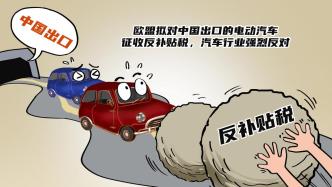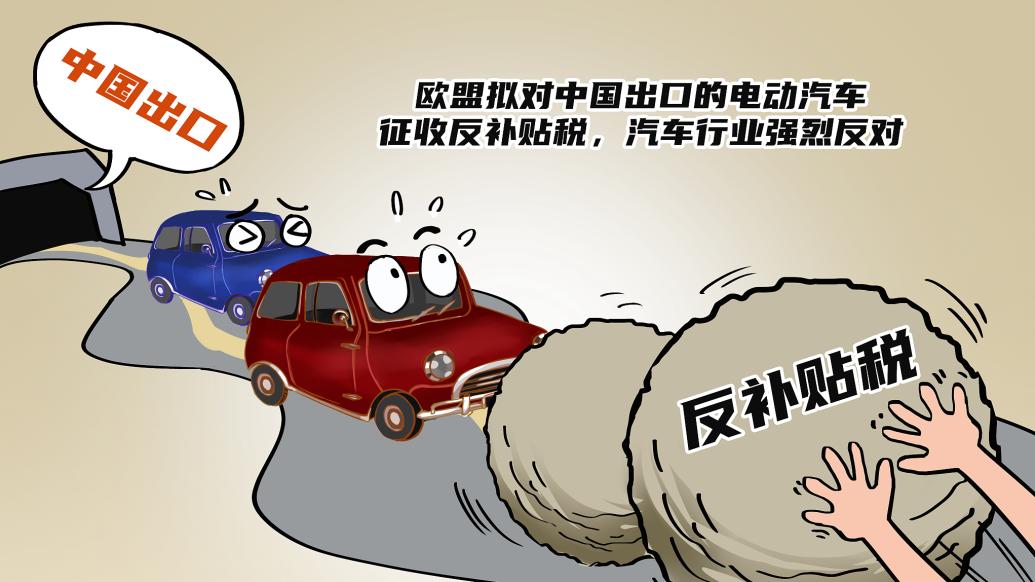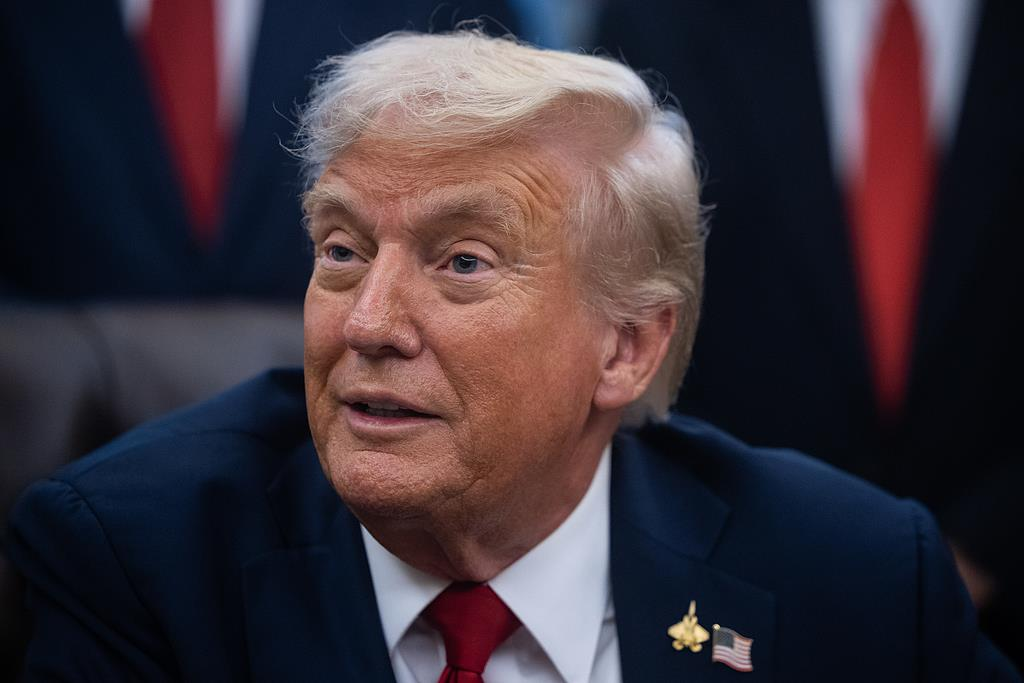
The European Union (EU) Commission has decided to increase tariffs on pure electric vehicles (EVs) produced in China.
The committee pointed out that EVs produced in China are sold at unfairly low prices using subsidies from the Chinese government, but in fact, 60% of the EVs imported by the EU from China are products of European and American manufacturers such as Tesla of the United States and Renault of France.
Tensions on trade are threatening to escalate as China discusses imposing retaliatory tariffs on European products.

EU's tariff increase on Chinese electric vehicles is opposed by many parties
About 20% (300,000 units) of EVs sold in Europe in 2023 will be imported from China. Sales of Chinese products will reach 11 billion euros. According to data from the Chinese passenger car industry group, Europe is the largest market for China's EV exports, accounting for about 40% of total exports.
According to a survey by the European think tank T&E (Transport and Environment Federation), Tesla of the United States, which has a factory in Shanghai, has the highest share of 28%. Together with Dacia, a low-priced brand of French Renault, which has a factory in Hubei Province, and BMW of Germany, which has a base in Liaoning Province, the total share reaches 60%.
Currently, Chinese-made EVs are subject to a 10% tariff, and additional tariffs will be imposed on top of this. The European Commission has decided to impose additional tariffs of up to 38.1% on three Chinese auto companies, including the state-owned Shanghai Automotive Group, which receive high subsidies from the Chinese government.
Other manufacturers that cooperate with the EU investigation will be subject to an average additional tariff of 21%. European and American manufacturers are also included. Tesla will be subject to a different tariff rate. Although the tax rate is lower than that of SAIC, it is still a big blow.
According to the British newspaper The Times, Sweden's Volvo Cars has begun to move the production of some electric models, such as SUVs, from China to Belgium. Volvo's parent company is Zhejiang Geely Holding Group, a large private Chinese automobile company, and Volvo seems to think that the impact of the additional tariffs is great.
Among Chinese automakers exporting EVs to Europe, the largest is the British car brand "MG" acquired by SAIC. In addition to the high-end pure electric vehicle brand "Polestar" founded by Zhejiang Geely and Volvo, BYD and Great Wall Motors are also committed to promoting EV exports.
However, the growth momentum of China's pure electric vehicle market has slowed down. In April, Chinese EV sales in the European market increased by 10.1% year-on-year. Compared with the year-on-year growth of 12.5% in April 2023, the growth rate has declined, and the overall market share of EVs has also dropped by 0.2 percentage points to 9.7%.
To avoid additional tariffs, major Chinese automakers have also said they will produce in Europe. Chery Automobile announced in April that it will cooperate with Spanish companies to start producing and selling EVs in Spain. BYD announced in December 2023 that it will build its first assembly plant in Europe in Hungary.
However, Chery Automobile and BYD will start mass production in China around 2027. Before that, they will have to rely on exports from China. If additional tariffs are imposed, the sales price is expected to be close to similar products made in Europe and the United States.
Additional tariffs will not only undermine the competitiveness of large European and American manufacturers that have established production bases in China, but will also provoke retaliation from the Chinese government.
The Chinese government has hinted that imported high-end cars with large engines, brandy and dairy products produced in the EU may become the targets of retaliatory tariffs. China imposes a 15% tariff on EVs imported from the EU, which may be increased in the future.
At present, the impact on Japanese automakers is limited. There are only a limited number of Japanese manufacturers that produce in China and export to other countries. Honda produces the EV "e:Ny1" for the European market in China. About 4,200 units were exported in 2023, and raising tariffs may affect sales.
Tang Jin, chief researcher at Mizuho Bank, pointed out that "Chinese manufacturers cannot only carry out local production in Europe" and believed that it is possible to expand local production globally. He said: "In Southeast Asia and South America, where local production has already begun, production is bound to accelerate. This will have an impact on Japanese cars that have a high market share in Southeast Asia."
The European Commission, the executive body of the European Union, announced on June 12 that it would impose additional tariffs of up to 38.1% on imports of pure electric vehicles made in China.
This means that the EU's tariff rate on pure electric vehicles produced in China will be increased from the current 10% to a maximum of 48.1%, and is scheduled to be implemented on July 4.
The European Commission began investigating China's subsidies in October 2023. In its investigation report on the 12th, it concluded that China provided unfair subsidies throughout the supply chain and would impose additional tariffs based on the degree of support from China's subsidies.
The Chinese auto giants SAIC and BYD will be taxed 38.1% and 17.4% respectively. Other companies will be taxed 21% on average if they accept the EU's investigation, and 38.1% if they do not.


